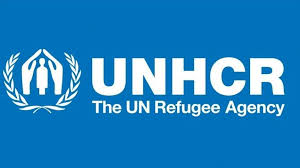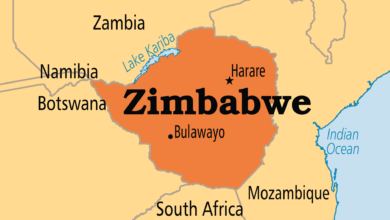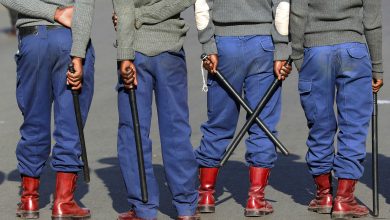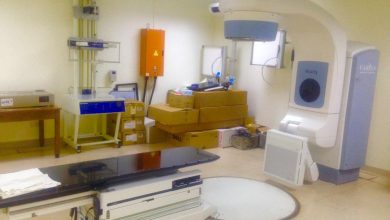
Despite the Covid-19 pandemic causing public health emergencies across several countries in the world, skirmishes and instability have not stopped in conflict-affected areas, the United Nations High Commissioner for Refugees (UNHCR) has said.
Most of the humanitarian needs across countries are driven by instability and with the coming of the Covid-19, the security situation in conflict-hit areas has worsened, as perpetrators take advantage of restrictions or political clampdowns to cause chaos.
UNHCR Senior External Engagement Coordinator for the West and Central Africa Bureau, Fatoumata Lejenuen-Kaba confirmed that fighting in conflict-affected areas has not stopped.
“When we look at it, we don’t know exactly if it’s a calculated thing to say that with lockdowns, less movement or less government presence, rebels say ‘let’s go in and take advantage.’ We don’t know that for sure. But we can say with certainty that fighting has not stopped one bit,” she said in a recent briefing with Sub-Saharan journalists on the effects of Covid -19 on refugees.
Kaba said conflict-hit areas, continued with their fighting despite the presence of a pandemic.
“The insecurity has not stopped even for a week in places like the Sahel region or other conflict areas. People just keep going with their conflicts and attacking civilian areas where you have very little government presence or none,” said the UNHCR official.
She added that it seemed in some instances the Covid-19 restrictions in place, acted in favour for insurgents.
“Sometimes it’s also the objective of the insurgents to make sure no government official steps in to act and when the insurgents go to villages, they act like the benefactors who are there to help citizens so they try to win their hearts and minds in addition to terrorising people,” Kaba noted.
The UNHCR official gave an unpromising picture that each time, humanitarian agencies addressed one problem, another one emerged.
“We have places like the Central African Republic (CAR) where people are still fleeing after the elections so really we have had 1.3 million CAR nationals displaced within and outside and over 200 00 now.
“We also have that in the Sahel ( the semiarid region of western and north-central Africa extending from Senegal eastward to Sudan) and not a week goes by without an attack somewhere and each time it causes displacement,” Kaba said.
“In Nigeria, for example the Sokoto area started having more conflict when for a long time it was peaceful compared to northern Nigeria so people started moving to Niger. So each time we address a problem it becomes bigger.”
Kaba added that due to these conflicts, more people were displaced out of their homes.
“And that really is difficult so we are not doing as much as we hoped we could have done. These are not stable conditions in all the operations we have … events outpace our interventions basically,” said the UNHCR official.
To prevent congestion, provide more space in refugee camps or settlement areas, the UNHCR official said they had been building more shelters to make sure less people share a single space.
“In many of our situations, refugees have very small spaces to live and share, normally we provide housing to families by five maximum but their housing is small. Since last year because of Covid-19, we had to build extra shelters,” Kaba said.
“Either we provided able bodied families with shelter kits that allows them to do their own construction. Traditionally they use mud, woods, nails and roofing that we provide them with. Also, we move as many families out as soon after the construction is done, which to decongest but it’s still far from enough.”






